I was nearly thirty when I learned how to ski—“late in life,” as our local newspaper here in Jackson, Wyoming, put it in an article last winter. Which, I guess, is fair when you consider that it was usually just me—with borrowed gear, rain pants and second-hand goggles scratched so aggressively that they felt permanently fogged—and a gaggle of bobble-headed toddlers who could carve turns before they could walk out there on the green runs my first season.
My friends in those early days were beyond patient, and I will never be able to repay their longanimity as they shepherded me down my first blue, then black run and, eventually, up my first boot pack and out on my first skintrack. I say beyond, because they didn’t just help me to navigate physical terrain; they also, whether they realized it or not, helped me to navigate more metaphorical terrain.
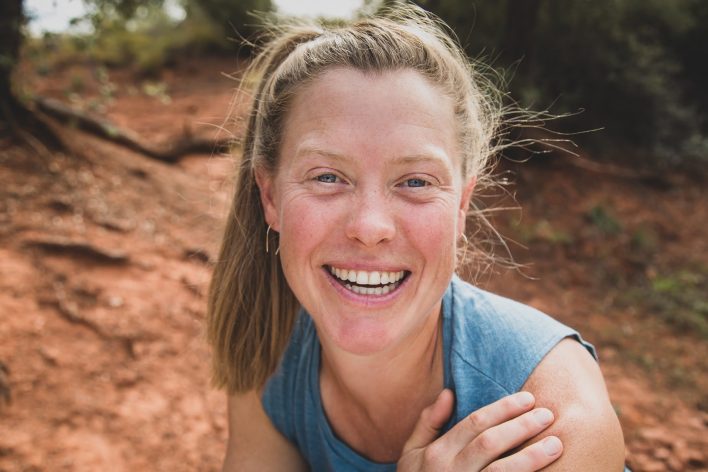
Gatekeeping, ego, territorialism, elitism…. For all its charm when viewed from the outside in, there are some not-so-pretty words floating around in the snow globe world if you get close enough to look inside. Entering the wintery bubble that is the ski industry can therefore feel daunting, difficult, or honestly just undesirable to many of us who come knocking.
I got lucky with my ski partners. Their encouragement and mentorship negated some of the aggression and chauvinism I was sure to encounter as a new skier, a toxic mix that inevitably would have set me up for failure and, in a brutally cyclical sort of way, “confirmed” the righteousness of that aggression in the eyes of the aggressor. Without my mentors, I might not have discovered the potent medicine that is skiing, backcountry skiing in particular, my now-favorite form of moving meditation that settles me whether I’m feeling scattered, sorrowful or joyous.
When the Teton Backcountry Alliance (TBCA) sent out a call for volunteers in November 2020 to help long-time-wrangler-of-the-rowdy Jay Pistono in his unique role as “Backcountry Ambassador,” it was an easy choice to apply for one of the seven inaugural spots. Accepting the offer that followed made me feel I had found a way to not only repay my own mentors, but to nurture the sort of inclusive community they had created when they so graciously welcomed me into the fold.
The Backcountry Ambassador program began as a partnership between Jay, the Forest Service, the Wyoming Department of Transportation (WYDOT) and a local nonprofit called Friends of Pathways in the early 2000s. For years, Jay and others with skin in the game had watched as visitation increased on and around Teton Pass, a small notch in the mountains between Idaho and Wyoming that now draws thousands of skiers, riders and snowmobilers to its surrounding slopes each winter. They began to worry that with folks showing up to recreate faster than word of mouth could catch up to them and inform them about the zone’s generally accepted dos and don’ts, consequences could turn ugly or, even worse, deadly.
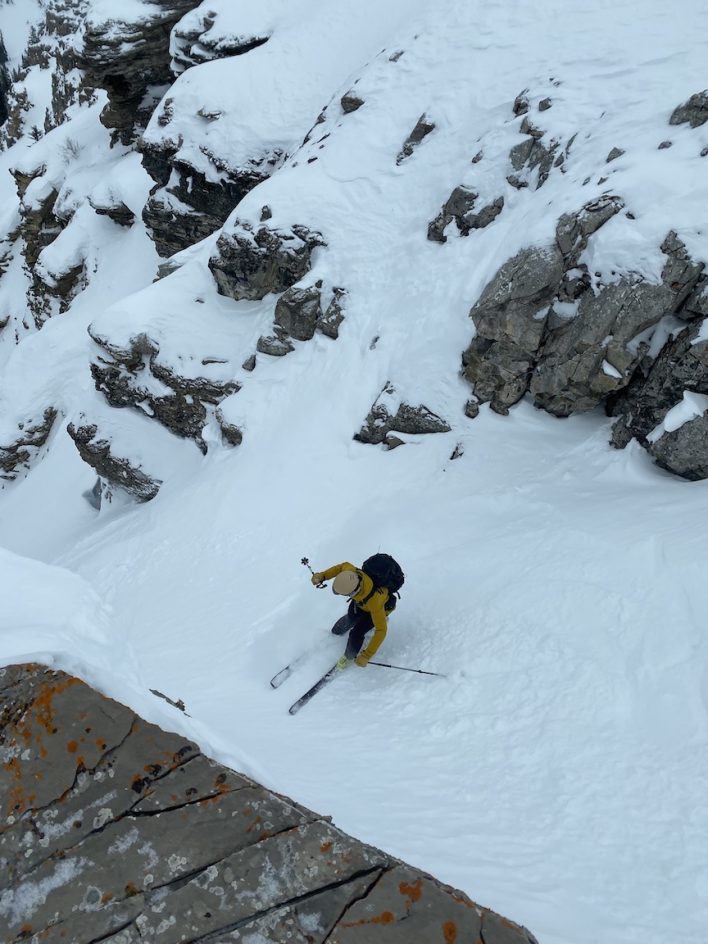
By maintaining an educational and informational presence on Teton Pass, the Backcountry Ambassador program organizers hoped they could encourage accountability among users so that they might become better stewards, which in turn would help sustain access for generations of future skiers to come. Jay, already a ubiquitous figure on Teton Pass, became the wry public face of the program.
The Backcountry Ambassador program was a bit of a unique idea, but, then again, Teton Pass is a unique place. Multiple agencies manage the lands and roads along the Teton Pass recreation corridor, which includes a busy commuter highway that winds under multiple major slide paths. If any one of those agencies felt circumstances required it—say because WYDOT needed their pullout-turned-parking-lot back from hordes of the powder hungry who have claimed it as their own or, devastatingly, because a skier or rider were to kick off a slide that killed a motorist below—that agency could revoke recreational access for good.
Being a Backcountry Ambassador means I get to help, in however small a way, prevent that possibility from becoming reality. A friend, Sophia Schwartz, and I were talking the other day, and she brought up her dislike of the phrase adapted by our local ski resort “If you don’t know, don’t go.” Meant to address the fact that backcountry travel requires specific knowledge, gear and planning that not all in-bounds skiers have, Sophia found it to be akin to the gatekeeping I had found myself experiencing back in when learning the sport. “Does that mean that if no one in your family has never been to college, you shouldn’t go because you don’t know what it will be like?”
I took her point: Simply telling someone curious about the backcountry not to go just makes the snow globe more elitist, more discriminatory. Asking, someone, however, if they have a beacon, if they know the day’s avalanche forecast, whether they have a route planned, opens the door for dialogue and allows folks who might not even know what they “don’t know” to seek out the tools and skills that will, at the end of the day, keep them and everyone around them safer and happier.
I see the Ambassador program as an avenue for connecting with those sorts of folks. Not all of us were so lucky to grow up in the sport, with parents, coaches, siblings and peers to teach us what we needed to be successful at it. We had to learn on our own, in an environment that is often judgmental for no real reason. As a volunteer, I get to offer a bit of empathy to counter that shame-and-blame attitude, because I believe, deeply, that everyone belongs in the snow globe.
And as our natural world fragments, while populations continue to grow, I don’t see demand for access to what wild spaces we have left decreasing. Calm amid chaos, reverence for and connection to place, perspective on difficult days…. The solitude of a snowy slope offers all this and more to those of us who venture out, open and receptive. We were born of, and will always find solace in, wilderness, which is why I feel so strongly that no one should be made to feel unwelcome there.
So while, logistically, the Backcountry Ambassador program might involve a lot of counting numbers of users, hosting clinics and handing out dog leashes, for me, personally, volunteering is also about fostering cooperation so that a few more new arrivals to the snow globe, like I was not too long ago, might succeed. We all benefit when everyone learns to safely and respectfully experience the goofy joy that is sliding on snow. And at the end of the day, skiing is, after all, supposed to be fun. Nothing more, nothing less, in the best of ways.


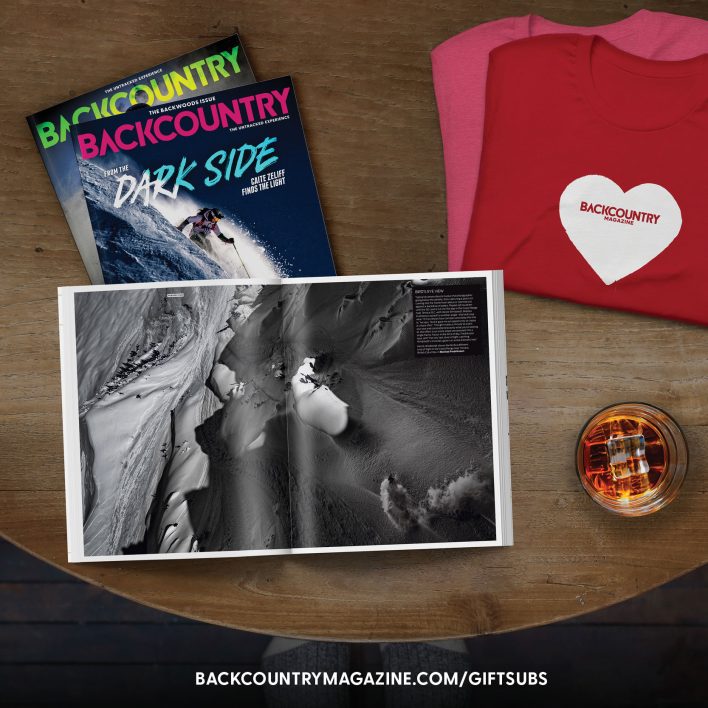




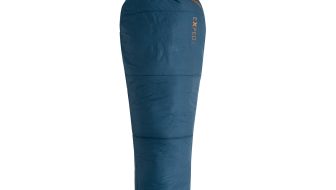
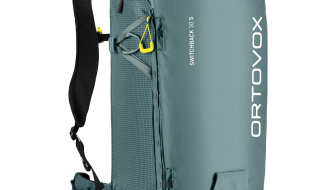

We’ll done and we’ll taken Ariel!